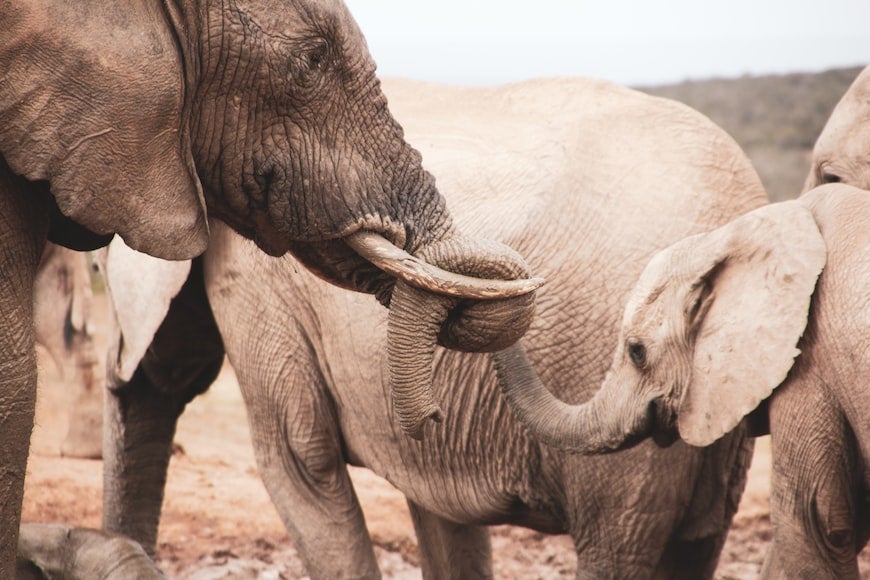Climate change causes decline in wildlife - research
The planet is becoming increasingly hostile for wildlife, with new findings indicating a 69 percent decline in populations worldwide

Your support helps us to tell the story
From reproductive rights to climate change to Big Tech, The Independent is on the ground when the story is developing. Whether it's investigating the financials of Elon Musk's pro-Trump PAC or producing our latest documentary, 'The A Word', which shines a light on the American women fighting for reproductive rights, we know how important it is to parse out the facts from the messaging.
At such a critical moment in US history, we need reporters on the ground. Your donation allows us to keep sending journalists to speak to both sides of the story.
The Independent is trusted by Americans across the entire political spectrum. And unlike many other quality news outlets, we choose not to lock Americans out of our reporting and analysis with paywalls. We believe quality journalism should be available to everyone, paid for by those who can afford it.
Your support makes all the difference.By Keletso Thobega for The Midweek Sun
The Living Planet Index, a report published by the World Wide Fund for Nature (WWF) and the Zoological Society of London found that climate change has caused a 69 percent decline in global wildlife populations.
Chief Scientist at the World Wildlife Fund for Nature and author of the index report, Rebecca Shaw said “the Living Planet Index is a contemporary view on the health of the populations that underpin the functioning of nature across the planet.”
The Index has data on wildlife populations from 1970 to 2018. This information is based on the monitoring of almost 32 000 populations of 5 230 vertebrate species but the study did not look at invertebrates, which make up the majority of species.
“Preventing further biodiversity loss and restoring vital ecosystems has to be at the top of global agendas to tackle the mounting climate, environmental and public health crises,” said Shaw.
Director and Project Coordinator of Habu Elephant Development Trust (HEDT), Mogadi Masedi said that integrating wildlife into the rural community is key to its survival and the protection of natural biodiversity.
She added that it is the integration of wildlife into rural economies that ensured that Southern Africa developed the healthiest wildlife populations and habitat.
According to Masedi, in recent years, many communities in the north-west of Botswana have felt the impacts of climate change, which has threatened livelihoods.
“The rainfalls have recharged groundwater systems, and they are taking this opportunity to utilise the groundwater reserves.” Masedi noted that the only challenge is that numerous state- protected areas exist, the majority of wildlife space lies outside of these, and this range is just over 60 percent for southern Africa, and it is in these rural areas that 63 percent of Africa’s poorest people live.
“They bear the costs of living with wildlife yet the rest of the world enjoys the bulk of the benefits,” he added.
Government through the Ministry of Environment, Natural Resources Conservation and Tourism, has also reiterated the need to improve climate resilience and work with local communities to achieve this. Minister Philda Kereng has said that it’s important to implement a holistic approach.
“The Ministry is working on community models that consider protecting biodiversity, natural ecosystems and human communities, through zoning in on their vulnerabilities and capacities and helping them find sustainable means to adapt to climate change.”
This article is reproduced here as part of the African Conservation Journalism Programme, funded in Angola, Botswana, Mozambique, and Zimbabwe by USAID’s VukaNow: Activity. Implemented by the international conservation organization Space for Giants, it aims to expand the reach of conservation and environmental journalism in Africa, and bring more African voices into the international conservation debate.
Read the original story here:
Join our commenting forum
Join thought-provoking conversations, follow other Independent readers and see their replies
Comments